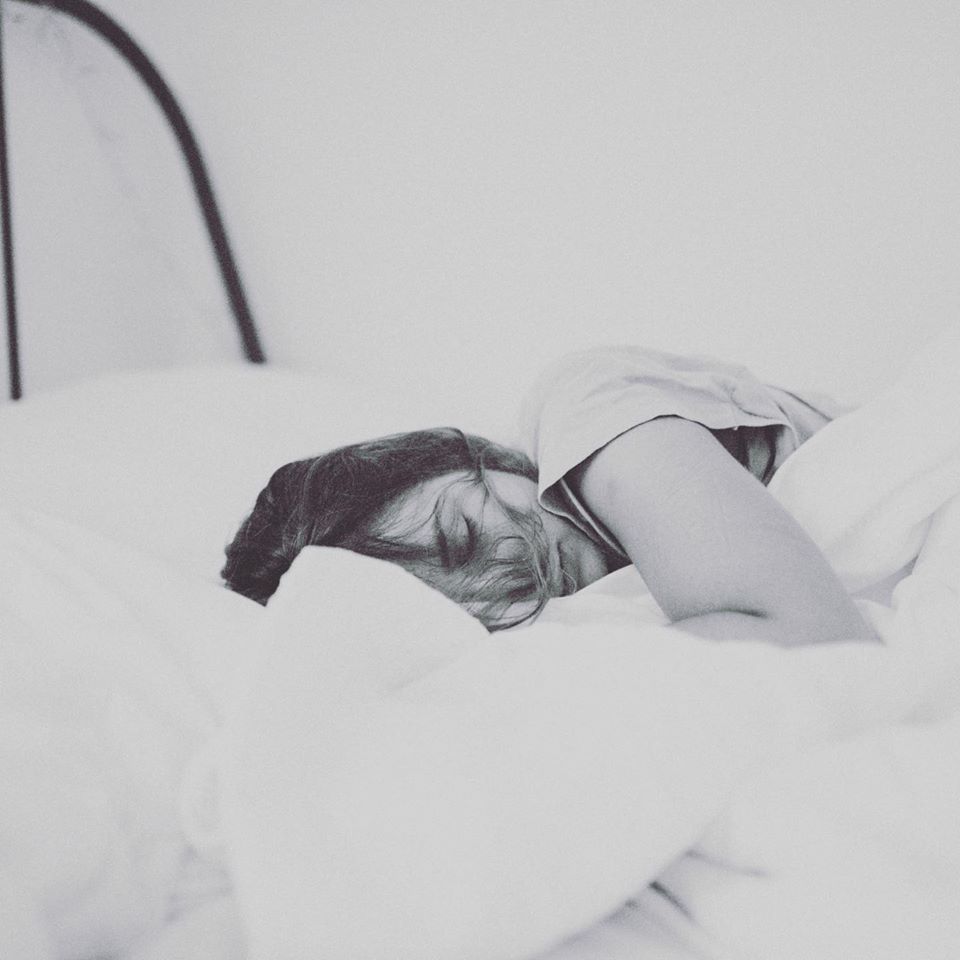Marjorie Grice is a fully qualified Nutritional Therapy practitioner registered with the Complementary and Natural Healthcare Council (CNHC) and British Association of nutrition and lifestyle medicine (BANT).
Many of us will no doubt have experienced a disturbed nights sleep during the recent heatwave and Marjorie suggests that there is a strong relationship between sleep and immunity and how this affects your health and wellbeing.

Disturbed Sleep and Immunity
There is an epidemic of sleep disorders – from trouble falling asleep to often-interrupted sleep to actual insomnia.
Lack of sleep increases risk of cancer, heart disease, depression, diabetes, and simply not feeling well or functioning well during the day.
How are sleep and immunity connected?
Sleep is a time when the body is quite busy, although we appear inactive. During the night, we restock our supply of hormones, process significant toxins, repair damaged tissue, generate vital white blood cells for immunity, eliminate the effects of stress, and process heavy emotions. Inadequate or poor- quality sleep is linked to susceptibility to sickness and recovery.
Sleep alters immune responses and sleep deprivation increases the susceptibility to viral, bacterial, and parasitic infections.
Sleep and the immune and hormone system have a 2 way relationship controlling many biological processes. During sleep, your immune system releases proteins called cytokines, some of them help promote sleep. Some cytokines need to increase when you have an infection or inflammation, or when you're under stress. Sleep deprivation may decrease production of these protective cytokines. Also infection-fighting antibodies and cells are reduced when you don't get enough sleep.
Risk factors
Long-term lack of sleep also increases your risk of obesity, diabetes, and heart and blood vessel disease. A dysregulation of the hormone control of appetite occurs with a reduction of the satiety hormone leptin and an increase in the hunger-promoting hormone ghrelin. Sleep loss may affect these hormones in accurately signalling caloric need resulting in hunger. This is also related to raised stress hormones due to lack of sleep. This can cause a vicious circle as stress counteracts our sleep hormone melatonin.
Melatonin
Melatonin is a valuable hormone not only in terms of sleep, but also for healthy cells, immune function and mood as it makes the happy hormone serotonin! The pineal gland in the brain secretes melatonin largely in response to darkness, so think of the rising and setting of the sun when it comes to melatonin. As we get exposed to more sun throughout the day, your body’s melatonin secretion drops off when it gets darker at night the secretion increases again.
Melatonin helps maintain the body’s normal sleep cycle known as circadian rhythm, that internal clock we all have running 24 hours per day. We can attribute our sleep/wake cycle to this process. Melatonin suppresses the activity of other brain chemicals and helps to calm the brain (in part by counteracting the stress hormone cortisol. Our evening cortisol levels are lowest in environments with low light and noise so our evening activity choices can get in the way of these natural pro-sleep chemical shifts. As we become drowsier, the brain slowly begins to turn off our voluntary muscle function preventing us moving about too much disrupting the body’s internal revitalization work.
Some think taking melatonin is the miraculous way to get better sleep, but your bodies way of releasing the hormone is finely tuned and can be easily disrupted by sleep supplements, confusing your natural circadian rhythm.
How much is too much?
The optimal amount of sleep for most adults is seven to eight hours of good sleep each night. Teenagers need nine to 10 hours of sleep. School-aged children may need 10 or more hours of sleep. But more sleep isn't always better. For adults, sleeping more than nine to 10 hours a night may result in a poor quality of sleep, such as difficulty falling or staying asleep.
How to get ‘The Big Sleep’
• Stick to the same bedtime and wake up time
• Practice a relaxing bedtime ritual e.g take a bath
• Avoid naps, especially in the afternoon
• Exercise daily
• Get outdoors in daylight!
• Ensure your room is dark and not to hot or cold
• Sleep on a comfortable mattress and pillows
• No screens at least an hour before bedtime
• Use blue shade on screens if you have to
Summary
Sleep certainly impacts immunity, this can put us at risk of certain diseases especially if our job or lifestyle causes it. Preventing stress and protecting your body’s natural chemical shifts with good sleep hygiene can help support better sleep.
There is a lot of general free advice available, especially at the moment.
Do you want to sort out fact from fiction?
Personalised nutrition is not a one size fits all approach but gets to the root the cause of symptoms. As a registered nutritional therapist I can help you on this journey with bespoke nutrition and lifestyle recommendations for protecting and balancing your health.
To request a FREE Discovery Call https://nourishinsideout.co.uk/discovery-call/
For more information nourishinsideout.co.uk



